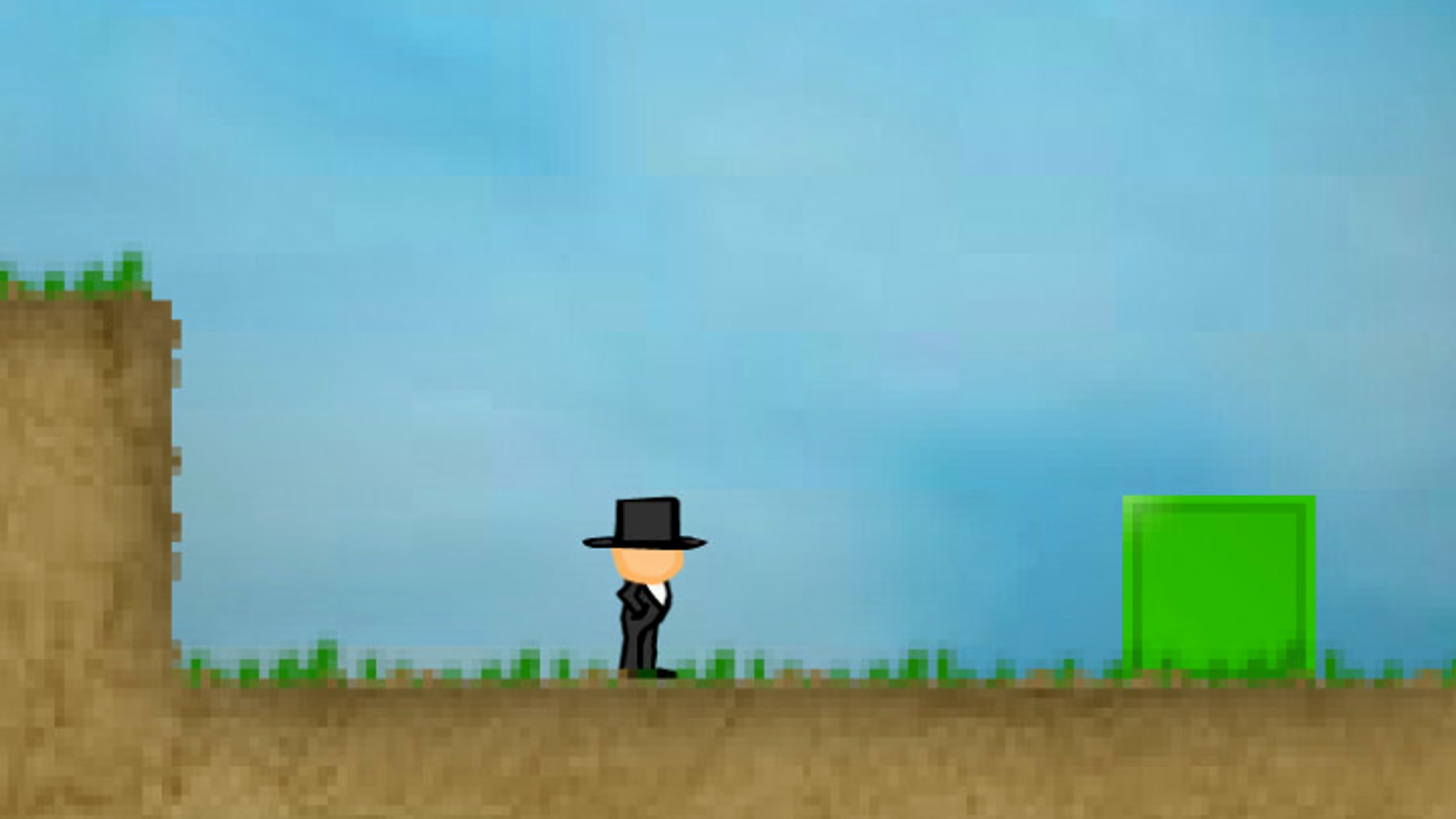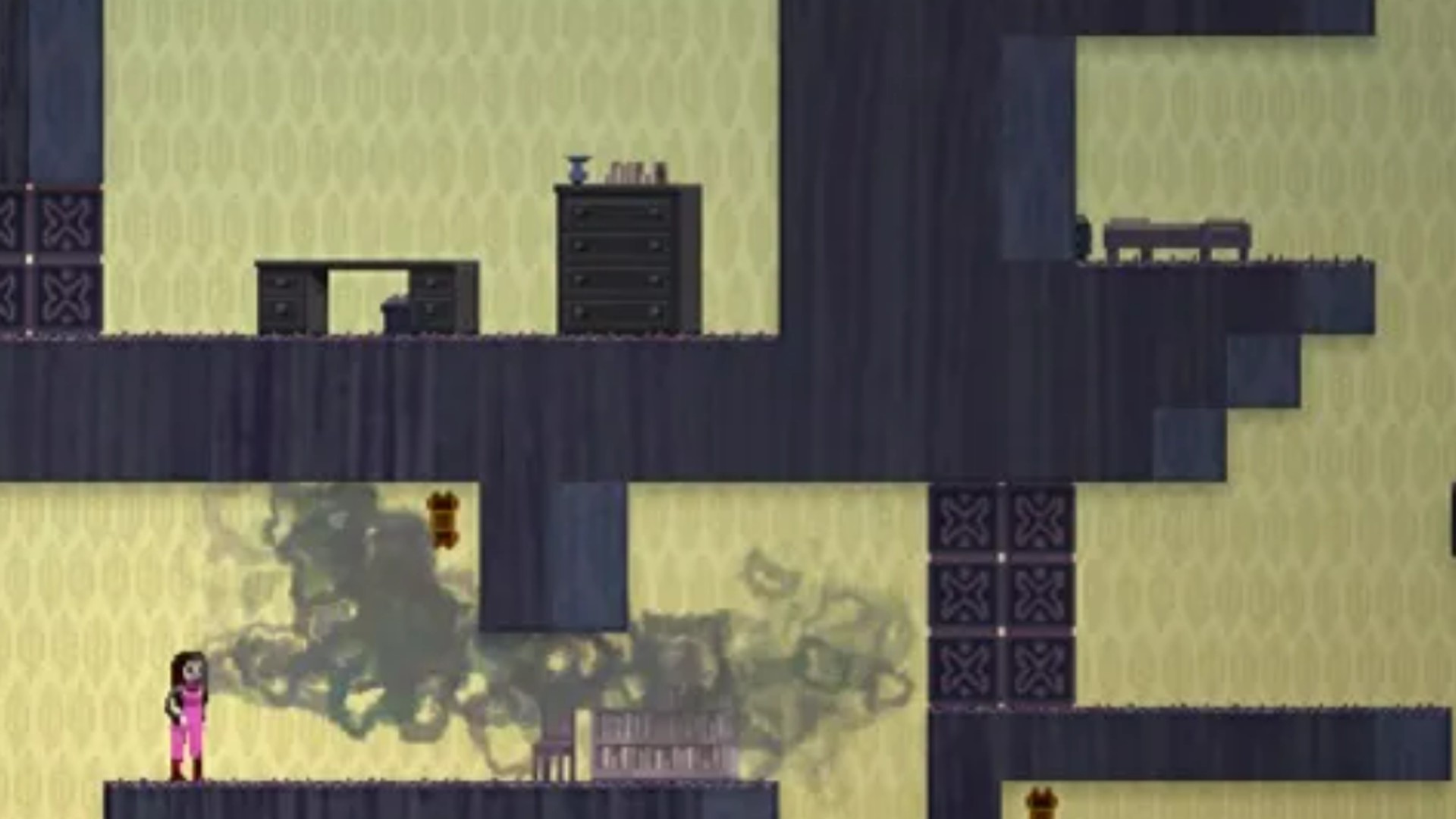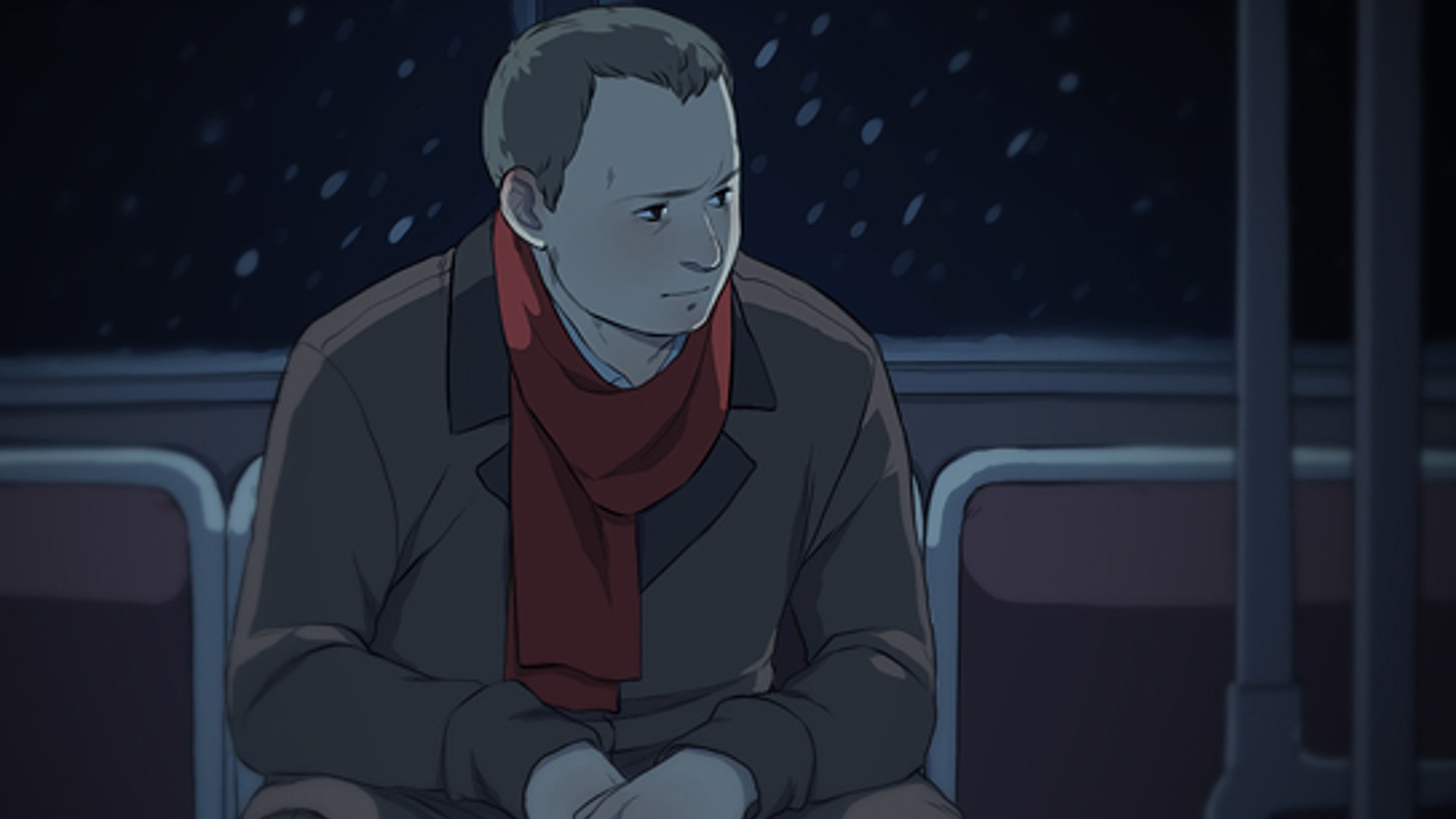
It's Mental Health Awareness Week, and we're highlighting interesting games that either explore themes of mental health head-on, or can be used as tools to support players in a variety of different ways. On Monday, I shared my own video games and mental health story, and yesterday we spotlighted Will O'Neill's dark but important Actual Sunlight. Today, we're looking at Fixation and The Company of Myself by indie developer Eli Piilonen – two games that explore the struggles involved with seeking professional help.
CONTENT WARNING: This article explores themes of suicide, depression, and anxiety


Actual Sunlight, a game about an everyman struggling with depression, changed my life
Speaking from experience, first seeking professional help for issues of mental health is hard. As mentioned in the previous articles linked above, it was after my uncle's suicide in 2008 that I first identified my own spiraling mental health – but it took me much longer to address it. I first spoke to a doctor in 2012 about cognitive behavioral therapy (CBT), and starting a course of antidepressant and anti-anxiety medication… and then did absolutely nothing about it for two years.
I'm not sure why it took me so long. Looking back, I think I was overwhelmed, and the thought of formally tackling the unknown directly – with the advice of professionals and not via copious amounts of cheap booze in rubbish nightclubs – scared me. After opening up to others in similar situations, I now understand this is not only common, but something the majority of folk go through when first seeking professional help. Again, video games cannot and should not stand in place of professional help, but two simple but effective games that helped my own process are Nebraska-based developer Eli Piilonen's The Company of Myself and its prequel Fixation.
As puzzle-platformers (browser-based, with pay-what-wish models on itch.io), both games star protagonists keen on seeking professional help, but who are impeded by physical and metaphorical obstacles. By overcoming these physical quandaries, you unlock new narrative threads, in turn step closer to each character's eventual resolve. Ahead of The Company of Myself, Piilonen was influenced by puzzle games and character studies, and so the game's defining feature – a character-cloning mechanic that encourages you to fail several times in order to use your previous lives' shadows as stepping stones – is supposed to be a metaphor for understanding yourself. Whether or not you buy into that is up to you, but The Company of Myself's story is nevertheless a touching one about an uncertain everyday chap, struggling to weigh things up in his head; all the while learning that failure is okay, and a huge part of life and wellness.
Fixation is ostensibly an extension of the first game, but as a loose-fitting prequel it leans heavier on its narrative elements. Which works well in practice, particularly with the introduction of more peripheral characters who help flesh out this game's story and, being a prequel, the story still to come in The Company of Myself. Sure, both of these games are simple in looks and execution, but their core sentiment is one which is not only informative but, crucially, relatable. The idea that both games mimic character studies adds a dose of realism to the message they're sending; but at the same time they engage players with intuitive platforming so as not to get bogged down with premise – in turn steering them clear of sanctimonious lecturing.
When I spoke to Piilonen a few years back, he said he'd been inundated with messages from grateful players sharing their stories in the wake of both games. If you fancy checking them out for yourself, you can – via Piilonen's collection on Itch.io.
Here are 10 games to help kickstart conversations about mental health







